
PRODUCTS
Soy lecithin liquid is a natural lecithin mixture e……
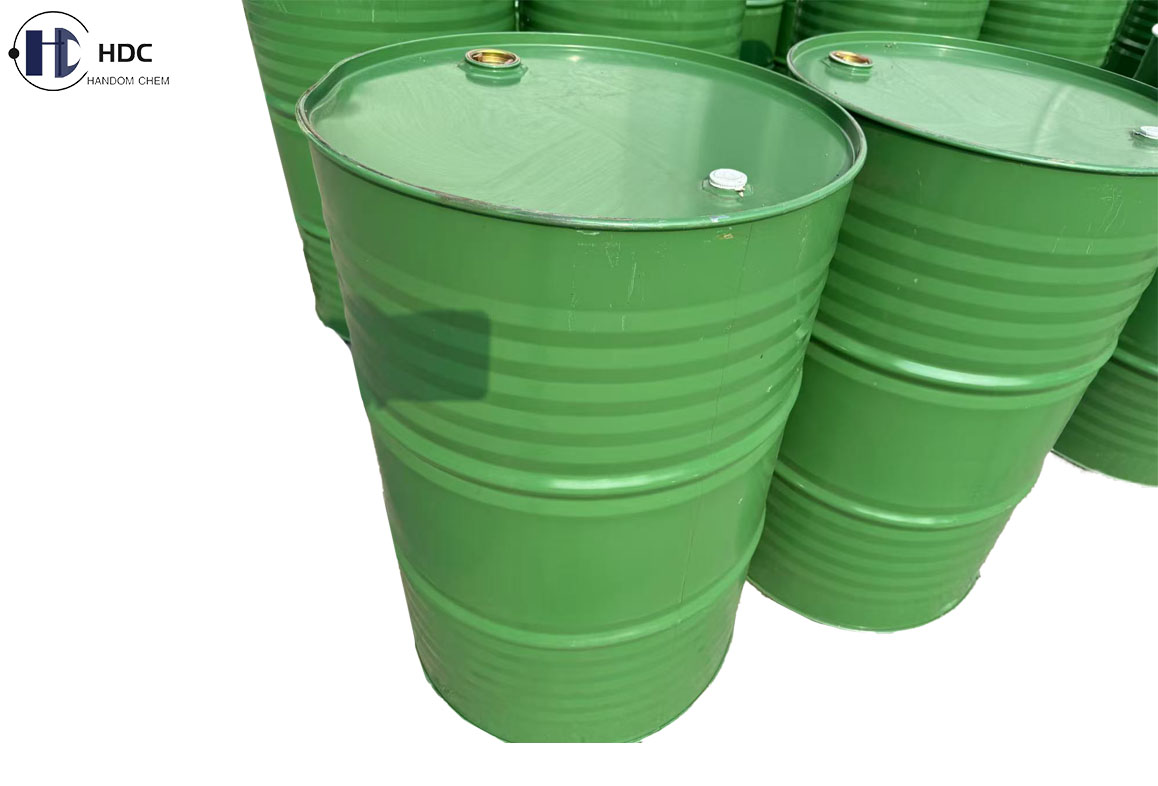
Soybean lecithin powder, also called soya lecithin ……
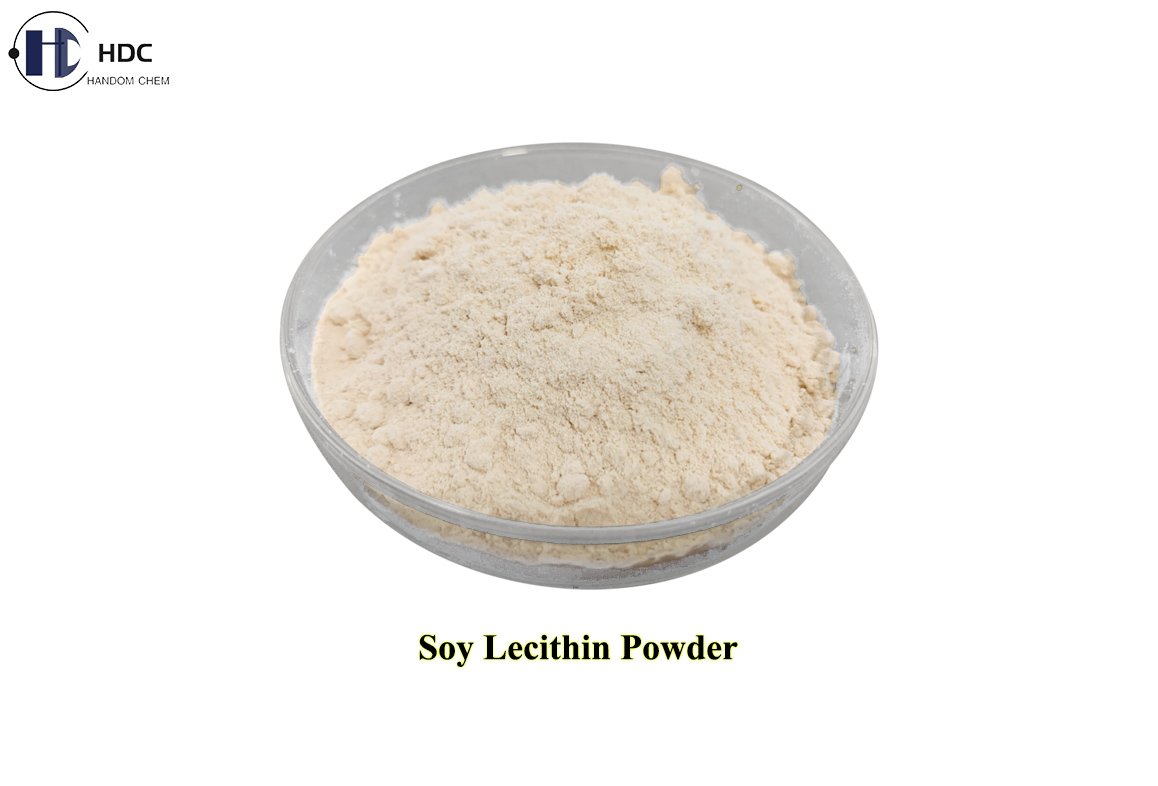
Product Name: Chitosan AzelateGrade: Cosmetic Grade……
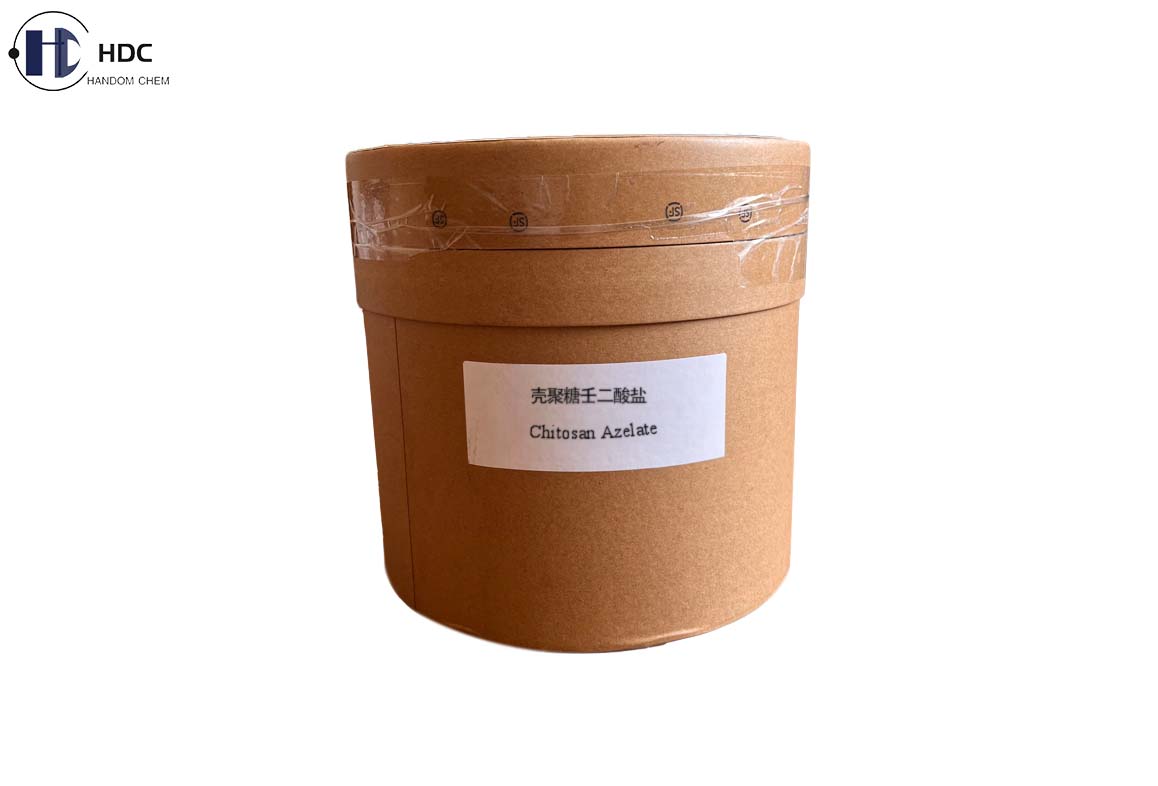
Commodity Name: IscotrizinolChemical Name: Diethylh……
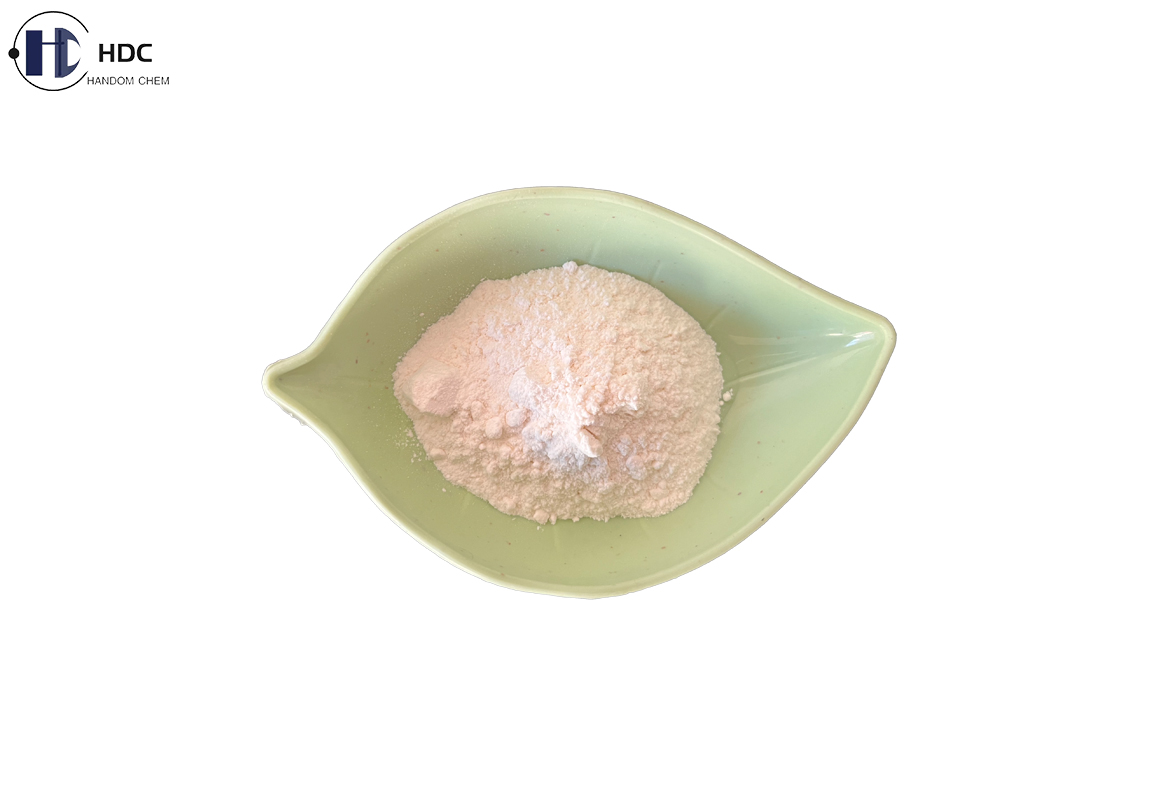
Product Name: Tranexamic Acid
Synonyms: dv-79; TxA; amcha; AMCA; trans AMCHA; Amstat; emorhalt; cyclocapron; cyklokapron; TIMTEC-BB SBB006715; trans-cyclohexanecarboxylic acid; 4-(aminomethyl)cyclohexanecarboxylic acid; trans-4-Aminomethylcyclohexane-1-carboxylate; trans-4-aminomethylcyclohexane-1-carboxylate; TRANS-4-(AMINOMETHYL)CYCLOHEXANECARBOXYLIC ACID; trans-4-(aminomethyl)cyclohexanecarboxylic acid; TRANS-4-AMINOMETHYL-1-CYCLOHEXANECARBOXYLIC ACID; trans-4-(Aminomethyl)cyclohexanecarboxylic acid
CAS No.: 1197-18-8; 701-54-2
EINECS No.: 214-818-2
Molecular Formula: C8H15NO2
Molecular Weight: 157.21
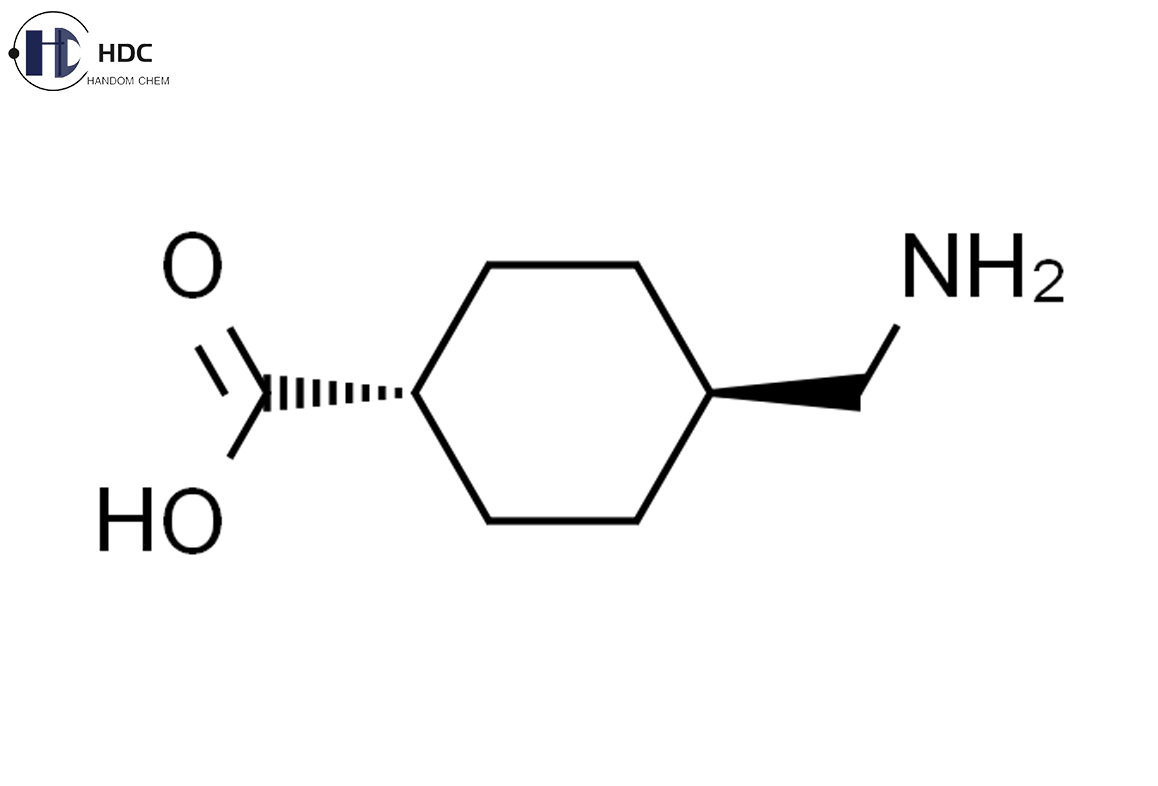
Brief Introduction:
Tranexamic acid, the abbreviation is TXA or trans AMCHA, the CAS number is: 1197-18-8, has a chemical name of trans-4-(aminomethyl)cyclohexanecarboxylic acid. It is an organic compound with a chemical formula of C8H15NO2, and is mainly used as a hemostatic drug.
Solubility:
This product is easily soluble in water and almost insoluble in ethanol, acetone, chloroform or ether.
Specifications of our Tranexamic Acid(TXA):
Appearance
White crystalline powder
Identification
The infrared absorption spectrum is consistent with the reference spectrum of tranexamic acid
Solubility
Easily soluble in water and glacial acetic acid, insoluble in acetone and alcohol
pH Value
7.0 ~ 8.0
Chloride
Not more than 140 ppm
Sulphated Ash
Not more than 0.1%
Heavy Metals
Not more than 10 ppm
Loss on Drying
Not more than 0.5%
Related Substances
Impurity A
Not more than 0.1%
Impurity B
Not more than 0.2%
Other impurities
Not more than 0.1%
Total impurities other than A and B
Not more than 0.2%
Content
99.0% ~ 101.0%
Standard:
Conforms to BP2017.
Specific Effects of Tranexamic Acid:
1. Used for traumatic or surgical bleeding, such as bleeding in organs rich in plasminogen activators such as the lungs, brain, liver, uterus, adrenal glands, thyroid glands, prostate glands, and urethra.
2. Used as an antagonist of urokinase, such as tissue plasmin and activator streptokinase.
3. Treating fibrinolytic bleeding caused by artificial abortion, stillbirth, and amniotic fluid embolism.
4. Severe epistaxis, menorrhagia due to local increased fibrinolysis, or active bleeding in hemophilia patients.
5. Treating hereditary angioedema, which can reduce the number of attacks, or mild bleeding caused by rupture of central aneurysms, such as subarachnoid hemorrhage and intracranial aneurysm bleeding.
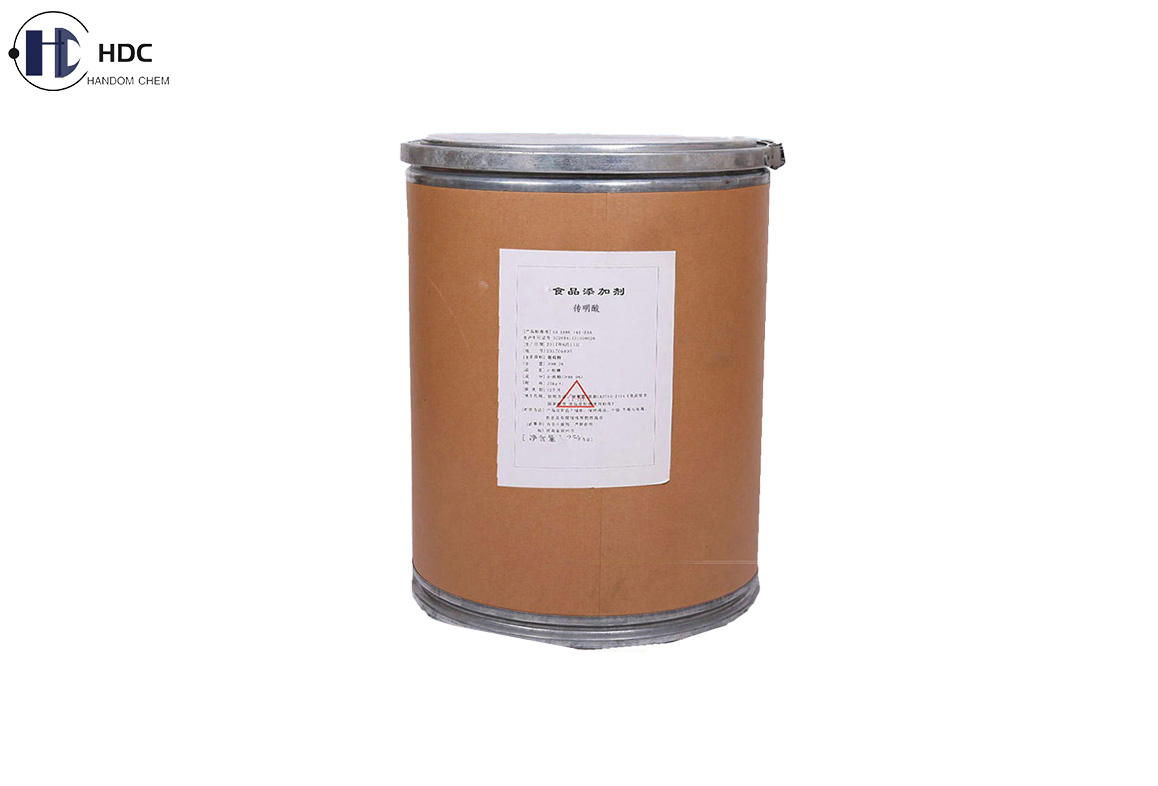 Packaging:
Packaging:
1kg/Aluminum Foil Bag, 5kg/Carton, 10kg/Carton, 25kg/Fibre Drum or according to the specific requirements from customers.
Storage Conditions:
Preserved in unopened original containers in a cool dry place before using; kept away from direct sunlight, heat and moisture.
Shelf Life:
24 months if stored under above mentioned conditions.